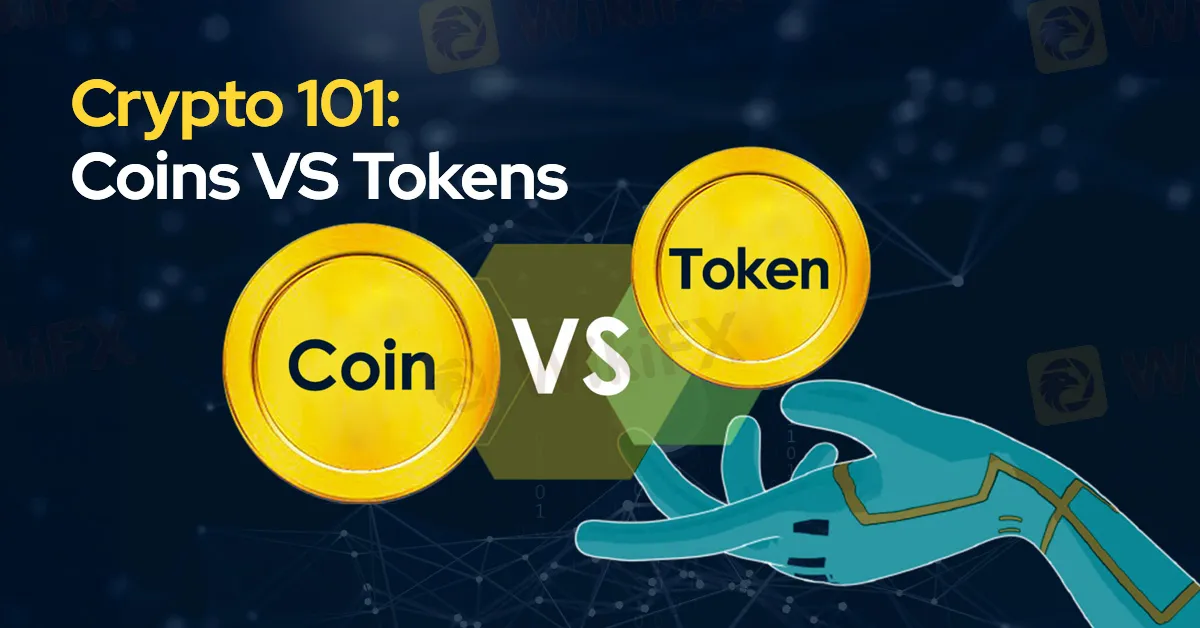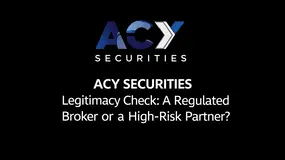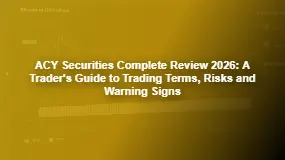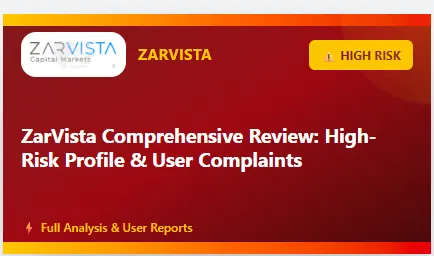Abstract:For those new to the world of cryptocurrency, terms like "coin" and "token" may seem interchangeable. However, understanding the distinction between these two digital assets is crucial for navigating the crypto landscape. Both coins and tokens serve as integral components of blockchain ecosystems, yet they differ in their functionalities, use cases, and the technologies underpinning them.

For those new to the world of cryptocurrency, terms like “coin” and “token” may seem interchangeable. However, understanding the distinction between these two digital assets is crucial for navigating the crypto landscape. Both coins and tokens serve as integral components of blockchain ecosystems, yet they differ in their functionalities, use cases, and the technologies underpinning them.

Coins are native to their respective blockchains and function primarily as a digital currency. Bitcoin, for example, operates on its own blockchain, and its primary purpose is to act as a decentralised peer-to-peer payment system. Similarly, Ether (ETH) is the native coin of the Ethereum blockchain, designed to power smart contracts and decentralised applications (dApps).
A defining feature of coins is their ability to serve as a medium of exchange, a store of value, and, in some cases, a unit of account. Their primary function often mirrors that of traditional currency, albeit in a decentralised form. Coins are typically used for transactions, mining rewards, and staking, depending on the blockchain's consensus mechanism.
Moreover, coins are intrinsic to the security and operation of their blockchains. For instance, miners or validators receive coins as rewards for confirming transactions and maintaining the network's integrity.

Tokens, on the other hand, are built on existing blockchains and do not have their own independent networks. For instance, most tokens are created on platforms like Ethereum, using standards such as ERC-20 or ERC-721. Unlike coins, tokens represent assets or utilities rather than acting purely as a medium of exchange.
Tokens can be categorised into various types, including:
- Utility Tokens: These provide access to specific services or features within a blockchain ecosystem. For example, Filecoin tokens allow users to pay for decentralised storage services.
- Security Tokens: Represent ownership in an underlying asset, such as stocks or real estate, and are subject to regulatory oversight.
- Non-Fungible Tokens (NFTs): Unique tokens that represent ownership of a specific digital or physical item, such as art, music, or virtual real estate.
The creation of tokens is more accessible than building a coin since tokens rely on pre-existing blockchain infrastructure. This simplicity has contributed to the proliferation of tokens in decentralised finance (DeFi) projects, initial coin offerings (ICOs), and gaming platforms.

For traders and investors, understanding the distinction between coins and tokens can help clarify the value proposition of different crypto assets. Coins often signify a long-term investment in the success of a blockchain ecosystem, while tokens can represent a more speculative interest in specific projects or applications.
Additionally, the use cases for tokens and coins differ significantly. While coins like Bitcoin are primarily used for transferring value, tokens often have specialised functionalities tied to the ecosystem they operate in. Recognising these differences can guide strategic decisions, whether youre diversifying a portfolio or evaluating a new project.
In summary, coins and tokens are essential components of the cryptocurrency ecosystem, each playing a unique role. For budding traders, understanding these differences is the first step toward making informed decisions in a rapidly evolving market. By grasping their functionalities and potential applications, you can navigate the crypto space with greater confidence and clarity.













